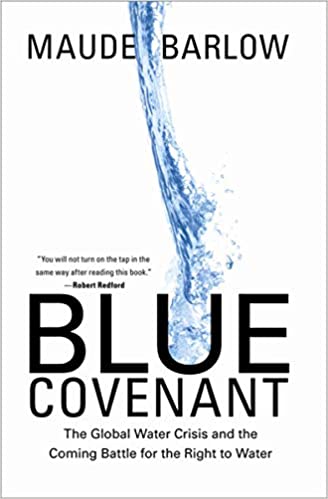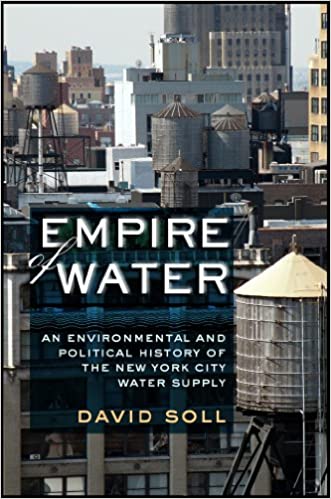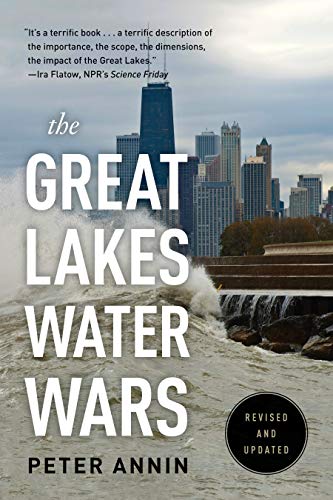
January 10, 2011US Supreme Court to Hear Water Compact Arguments TodayIn a case that may have implications for the interpretation of other interstate water compacts, the U.S. Supreme Court will hear oral arguments today on Montana’s claim that Wyoming is violating the provisions of the Yellowstone River Compact. Among the improper uses alleged by Montana is the permitting of more than 20,000 coal bed methane wells in the Powder River Basin and a smaller number in the Tongue River Basin. Both parties rely on a plain reading of the relevant sections of the Compact but come to incompatible interpretations. Montana argues that the Compact’s stated purpose of preventing controversy is undermined if upstream appropriators can use more efficient irrigation methods to reduce return flows at the downstream appropriators’ expense. In response, Wyoming contends that its usage does not conflict with any limits set forth in the Compact, that Montana’s interpretation creates an amorphous and impractical limitation the drafters never intended, and that public policy supports a reading which allows Wyoming to reap the benefits of increased efficiency, especially in dry western regions. While currently the controversy only involves the Tongue and Powder Rivers, the Court’s decision here may impact other rivers regulated by this Compact. The Compact has a three-tiered framework: The first tier adopts the doctrine of “prior appropriation,” which generally holds that the first people to put water to a beneficial use retain a continuing right to the water. The second tier of the Compact concerns the “unused and unapportioned” waters of interstate tributaries, and permits each state to divert amounts of water to supplement first-tier appropriation rights. Finally, the third tier of the Compact gives each state a specified percentage of any remaining “unused and unapportioned” water, the percentages to be calculated annually. Cornell's Legal Information Institute reports that the Special Master appointed by the Court concluded that Montana has asserted valid claims, but has recommended that the Court deny Montana’s claim that Wyoming’s use of improved irrigation techniques violates the Compact, and has further recommended that Montana show that it lacks an intrastate remedy before calling on Wyoming to adjust usage. Posted by Rachel Treichler at 01/10/11 09:52 AM
Copyright 2021, Rachel Treichler
|
|






